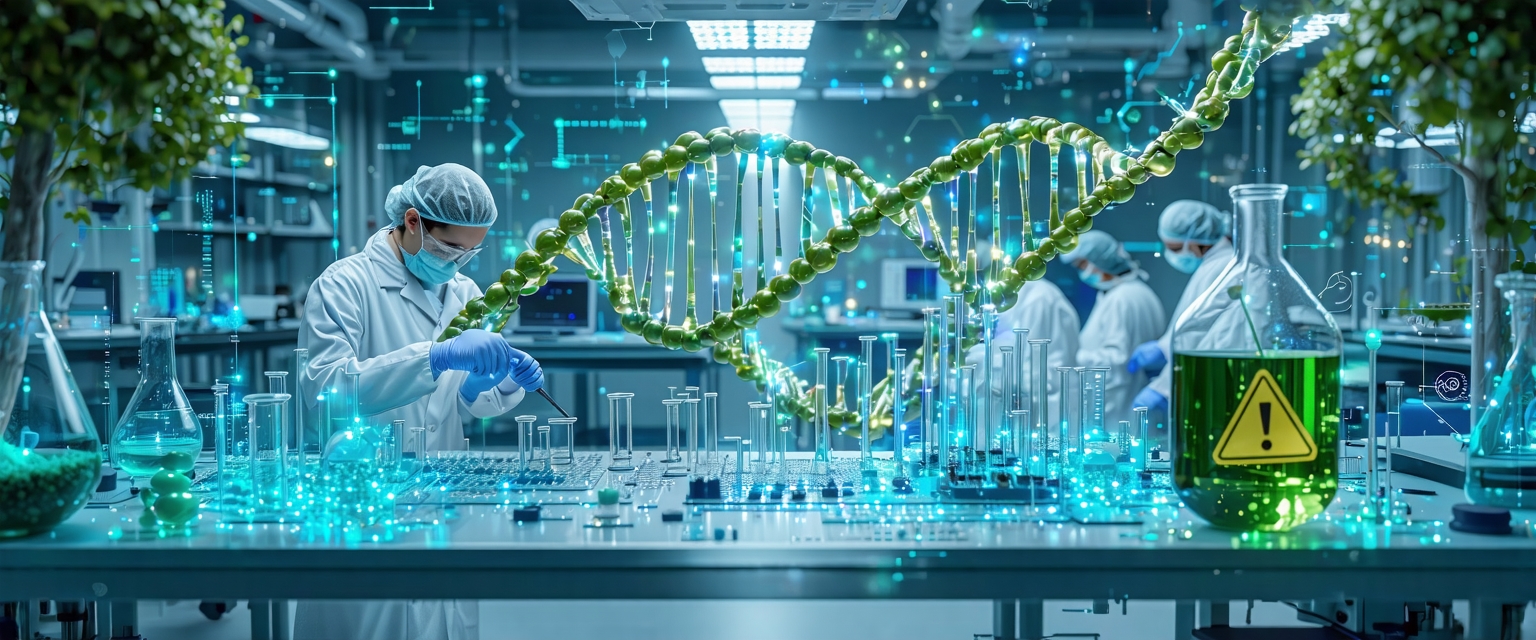






Biotechnology, the application of biological systems and organisms to develop or make products, has undergone a period of explosive growth. Driven by advancements in genomics, synthetic biology, and data science, the field is rapidly transforming healthcare, agriculture, and industrial processes. However, this progress brings with it ethical and societal considerations that require careful evaluation.
The foundation of modern biotechnology lies in the discovery of the structure of DNA in 1953. Subsequent advancements, such as the development of recombinant DNA technology and the Human Genome Project, unlocked the potential to manipulate and understand living systems at an unprecedented level. This paved the way for breakthroughs in gene editing, drug development, and disease diagnostics.
Current advancements in biotechnology are focused on areas such as CRISPR-Cas9 gene editing, personalized medicine, and synthetic biology. CRISPR allows for precise gene modification, promising cures for genetic diseases. Personalized medicine tailors treatments to individual genetic profiles, while synthetic biology designs and constructs new biological parts, devices, and systems.
Furthermore, advancements in artificial intelligence are accelerating drug discovery and development, leading to the identification of novel therapeutic targets and more efficient clinical trial design. This is significantly reducing the time and cost involved in bringing new therapies to market.
According to a report by McKinsey & Company, the global biotechnology market is expected to reach $1 trillion by 2025. (“The BioRevolution: How biotech is disrupting industries and shaping the future,” McKinsey & Company, 2023). This growth is fueled by increasing investments in research and development and the expanding applications of biotechnology across various sectors. However, Dr. Jennifer Doudna, a pioneer in CRISPR technology, has voiced concerns about the ethical implications of gene editing, particularly its potential misuse. (Interview with Dr. Jennifer Doudna, Nature, 2022)
The future of biotechnology holds immense promise, but also significant challenges. Opportunities lie in developing innovative treatments for previously incurable diseases, enhancing food security through genetically modified crops, and creating sustainable industrial processes. However, risks include the potential for unintended consequences of gene editing, ethical concerns surrounding genetic modification, and the need for equitable access to new technologies.
The next phase of development will likely focus on addressing these challenges through robust regulatory frameworks, increased public engagement, and responsible innovation. Further research into the long-term effects of gene editing and the development of advanced biomanufacturing technologies are crucial for realizing the full potential of biotechnology while mitigating its risks.
“`